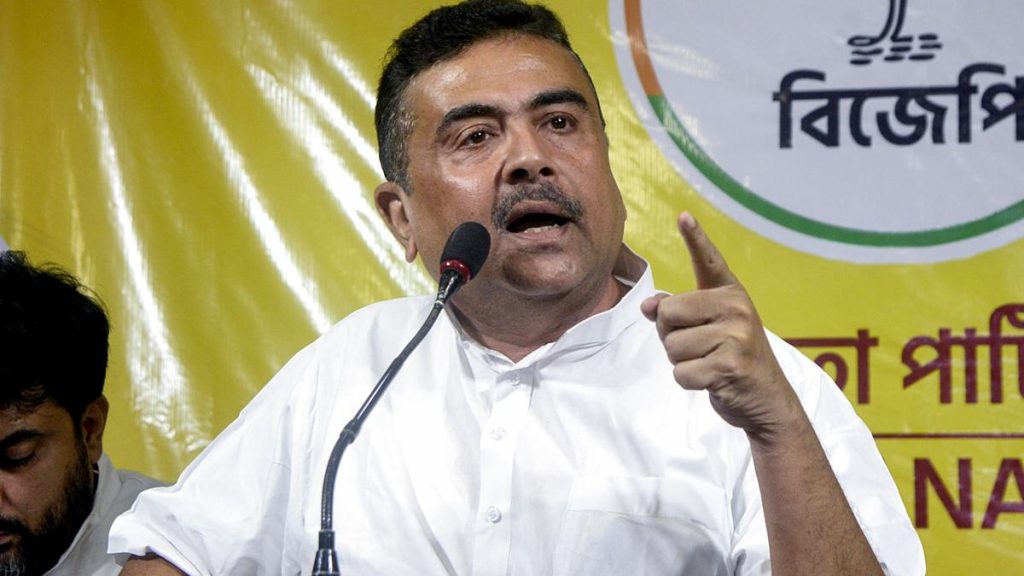Now Reading: Revived Policy Sparks Renewed Risk in Energy Investments
-
01
Revived Policy Sparks Renewed Risk in Energy Investments
Revived Policy Sparks Renewed Risk in Energy Investments

Rapid Summary
- Missouri Governor Mike kehoe signed a sweeping utility regulation reform bill including a “construction work in progress” (CWIP) provision.
- CWIP enables power companies to charge customers for building power plants during construction, rather than after completion.
- The bill repeals a 1976 voter-approved ban on CWIP initially intended to prevent steep nuclear plant costs being passed to customers.
- the provision primarily targets gas-powered facilities,but opens the possibility for nuclear projects under certain conditions. Sponsors argue clawback provisions de-incentivize risky projects like canceled nuclear plants.
- CWIP policies are trending in Republican-led legislatures nationwide, notably Arkansas and Kansas; previous versions have supported meaningful energy boondoggles like Kemper ($7.5 billion failed project) and V.C. Summer ($9 billion sunk cost).
- Supporters claim operational savings from avoiding deferred interest hikes; opponents warn of enabling riskier planning with financial liability shifted onto ratepayers during delays or cancellations.
- Concerns persist regarding ratepayer accountability, environmental inflexibility, possible lobbying influence in policy formation, and uncertainty surrounding electricity demand projections.
Indian Opinion analysis
The revival of CWIP legislation across U.S states raises significant questions about balancing economic growth ambitions with fairness in energy financing models – an issue equally relevant within India’s regulatory landscape given its surging energy requirements amid urbanization and technological expansion.
India could find similarities in how upfront customer charges might accelerate infrastructure financing while introducing vulnerability if large-scale grid development fails or faces cost blowouts similar to U.S experiences documented here. For policymakers navigating public-private collaboration zones – India’s prospective reliance remains substantial for oversight capacities preventing reckless overprovisioning without reciprocal guarantees toward consumer trust frameworks ensuring equitable usage scenarios after coming online buffering global industrial access strains comparative analysis transparency gaps affect effectiveness recalibrate sustainability efficiently!
—
Read More: Link

























